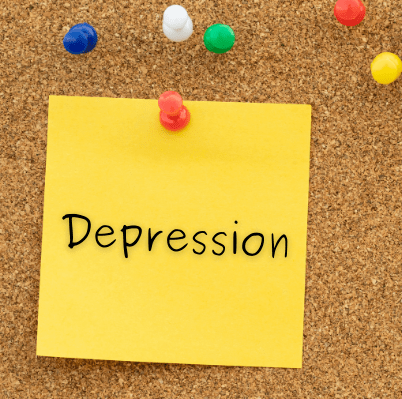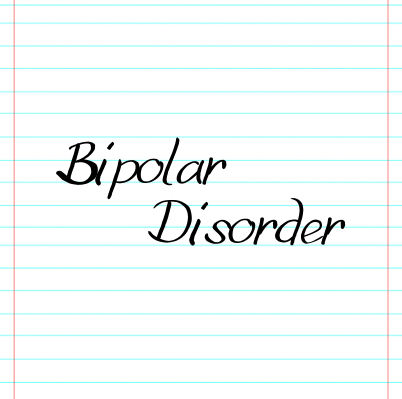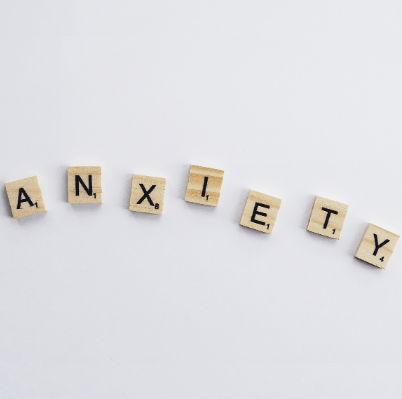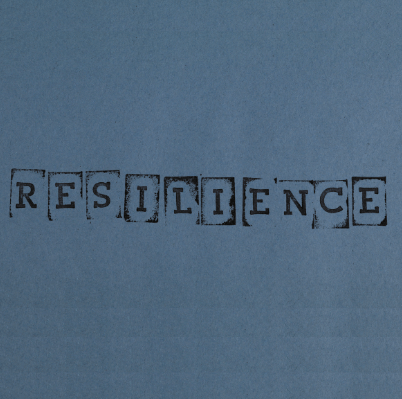“Mindfulness refers to the awareness that emerges by paying attention, on purpose, non judgementally to the present moment.” (Jon Kabat-Zinn)
What is mindfulness?
Mindfulness is the practice of ‘being fully present in the moment’. It’s a different sort of awareness to the ‘automatic pilot’ that we are so often immersed in – like when we’re driving or walking and don’t notice the details of the journey because we’re lost in thought. It can often be very difficult to be ‘in the moment’ as we can very easily become distracted by what is going on around us or by our own thoughts. People can ‘train’ to be more mindful in many ways such as through doing mindfulness courses, listening to cds, reading books or participating in mindfulness retreats, although probably the most helpful way to learn is with an experienced mindfulness teacher.
What mindfulness is not:
It’s not relaxation; it’s not a religion; it’s not about getting rid of thoughts; it’s not about being calm all the time; it’s not about being ‘nice’ all the time. It’s not even about feeling good all the time either!
Is mindfulness new?
Mindfulness has been part of Judeo Christian and Buddhist teachings for centuries. In 1979 Jon Kabat Zinn developed an eight-week programme called Mindfulness Based Stress Reduction (MBSR) to teach mindfulness to people who had chronic illness and pain. Kabat Zinn is an American molecular biologist who is now Professor of Medicine Emeritus and he demonstrated through research that mindfulness was very beneficial. The MBSR programme was later adapted by three psychologists, Prof. Zindel Segal, Prof. Mark Williams and Prof. John Teasdale as Mindfulness Based Cognitive Therapy (MBCT) to prevent relapse of depression.
How does mindfulness work?
People who practice mindfulness learn to become familiar with their own ‘habits of mind’. Through regular practice they begin to notice how they often react rather than respond. They become more familiar with their body-mind connection and they learn to cultivate a kinder, more compassionate response to their own experience. To help them do this they may spend some time every day practising some mindfulness practices such as the body scan, sitting meditation, mindful movement and mindful eating.
Why do people talk about ‘practising’ mindfulness?
Training to be mindful is only the start. Even very experienced practitioners of mindfulness refer to it as a ‘practice’. It takes practice, lots of practice, to stay fully in the present. A regular meditation practice is considered very important in cultivating and sustaining mindfulness.
How can I learn mindfulness?
MBCT and MBSR are ‘programmes’ that have been developed particularly in health and mental health settings to teach mindfulness. They are both grounded in Buddhist traditions of mindfulness and have attracted a lot of clinical research but it is important to emphasise that there are many other ways to learn mindfulness, including participating in retreats, listening to cds and reading books on mindfulness.
We recommend that if you are considering doing any course in Mindfulness that you check what training the teacher has had and ensure that he or she adheres to ethical guidelines.
What does compassion have to do with mindfulness?
How we relate and respond to our own experiences in life is an important aspect of mindfulness. Many of us are extremely hard on ourselves. When we stop and become still we may be shocked by how savage and cruel we actually are towards our selves. It can be easy to then blame ourselves for having such ‘terrible’ thoughts. It is so important that we become aware of such thoughts as compassionately as we possibly can so that we can let them be rather than arguing against them. With a mindful awareness we learn that thoughts are just thoughts and no matter how awful they are, thoughts do not make us terrible people. Compassion-focused mindfulness emphasises the necessity of each of us learning to treat ourselves kindly. Research is now discovering just how important self-compassion is and how everyone benefits when we treat ourselves and others compassionately.
Is there any evidence that mindfulness works?
Yes. There are many reputable studies to show that mindfulness is effective in reducing levels of stress, anxiety, depression, anger and worry. People who practise mindfulness on a regular basis have been found to be better able to regulate their sense of wellbeing due to greater emotional awareness, understanding and acceptance (e.g. Holzel et al 2010; Vangel, 2011; Baer et al., 2008; Lau et al., 2006; Brown, Ryan et al., 2007).
MBCT has been found to be significantly effective in reducing relapse rate in major depression and now its use is broadened to treating current depression and other psychological disorders (Segal, Williams at al 2002). The UK National Institute of Clinical Excellence (NICE) has endorsed MBCT as an effective treatment for relapse prevention. Learning to cultivate mindfulness has been found to be effective for people who have physical health difficulties such as chronic pain, chronic fatigue syndrome and cancer.
Many research studies have demonstrated that there can actually be changes in the brain structure of people who practise mindfulness meaning that they are better able to respond to stressors.
Is mindfulness helpful for everyone?
Most people can benefit from practicing mindfulness when they are well or when they are experiencing stress. MBCT is now recommended by the UK NICE Clinical guidelines (CG90) (2009) as a psychological intervention for relapse prevention in those who have experienced three or more episodes of depression. However, if people are experiencing difficulties such as severe depression or severe anxiety or if they have experienced a recent bereavement, it just might be too much for them and it may not be the right time. It might be helpful to wait a few months until the person is feeling a little bit better.
How can I find out more about mindfulness?
One of the best ways of learning about mindfulness is to experience it. Therefore we recommend that you give yourself time to watch and experience Jon Kabat Zinn in the lecture he gave at Google in 2007.
We also recommend that you watch the lecture that Dr. Paul D’Alton gave as part of the Aware lecture series in January 2015. ‘New Year, New You? How mindfulness can help?’
There are now many people who are trained to teach mindfulness and your GP should be able to recommend someone in your area.
It is important to choose a teacher who has had an in-depth training and who abides by the UK Good Practice Teacher Guidelines. The last sentence in these guidelines emphasises the importance of mindfulness teachers adhering to ‘the ethical framework appropriate to the teacher’s professional background and working context’.
Are there any books or CDs on mindfulness that Aware recommends?
The number of reputable books and CDs on mindfulness is growing. Here is a list of some that we recommend but we encourage you to go to your library or bookshop and take some time to see which one appeals to you best.
References:
- Bates, T. (2011). Coming through depression. Dublin: Gill and MacMillan.
- Chödrön, P. (2012). Living beautifully with uncertainty and change. USA: Shambhala Publications.
- Gilbert, P. (2013). The compassionate mind. UK: Constable and Robinson.
- Kabat-Zinn J. (2005). Wherever You Go, There You Are: Mindfulness Meditation in Everyday Life. USA: Hyperion Books.
- Kabat-Zinn, J. (1996). Full catastrophe living: how to cope with stress, pain and illness using mindfulness meditation. USA: Piatkus.
- Kabat-Zinn, J. (2001). Mindfulness Meditation for Everyday Life. USA: Piatkus.
- Kabat-Zinn, J., Segal, Z., Williams, M.G. and Teasdale, J.D. (2012). Mindfulness-based cognitive therapy for depression. USA and UK: Guilford Press.
- Kennedy, S. (2009). Moments of Stillness. USA: Transworld.
- Kennedy, S. (2013). Seasons of Hope. USA: Transworld.
- Kennedy, S. and Bates, T. (2012). Moving into Stillness. Meditations from the Sanctuary. CD.
- Thich Nhat Hanh (1991). The Miracle of Mindfulness. USA: Rider Books.
- Thich Nhat Hanh (1992). Peace is Every Step: The Path of Mindfulness in Everyday Life. USA: Bantam Books.
- Williams, M.G. and Penman, D. (2011). Mindfulness: A practical guide to finding peace in a frantic world. UK: Paitkus.
- Williams, M.G., Teasdale, J.D., Segal, Z.V. and Kabat-Zinn, J. (2007). The mindful way through depression: freeing yourself from chronic unhappiness. UK: Guilford Press.
Other Resources
- Mindful Gnats a free app designed to teach young people simple mindfulness and relaxation skills.
- Headspace is a an app designed to teach adults simple mindfulness and relaxation skills. There is a 10 day free trial offer. To subscribe costs just €6 per month.








